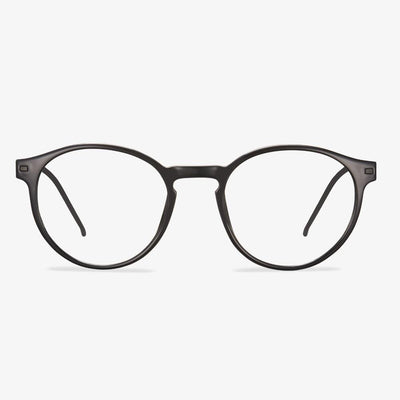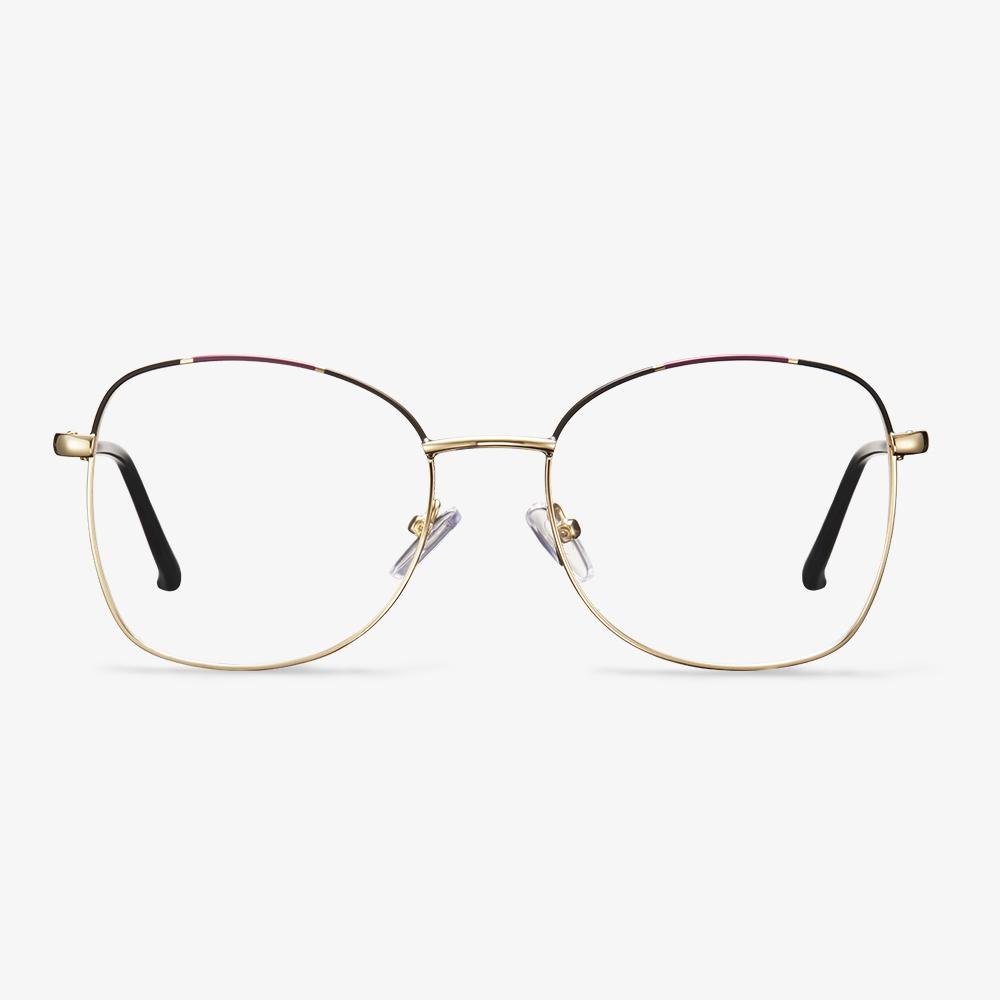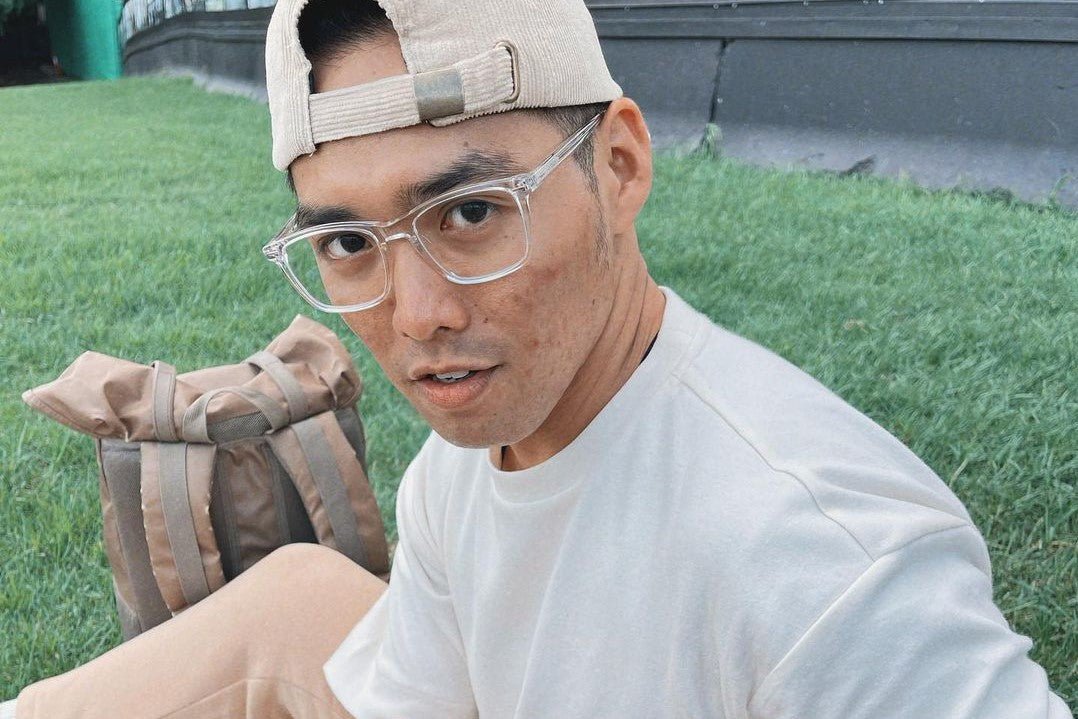The Eye Elegance
The Eye Elegance is a true one-stop-shop for the best choice of unique eyewear. Each frame is a boutique based on its unique design, quality materials, and superior craftsmanship.They provide you with a relaxed and enjoyable shopping experience and help you finally find the designer frame or designer sunglasses to suit your unique style and specific needs. In addition to designer frames, a variety of custom services are available, like custom lens shaping, painting, sun clips, and even frame design.
The Custom painting service allows you to easily get the exact color you want on the frame, highlighting your unique and bold taste. They provide professional frame repair to ensure that your glasses are in the best condition.
Difference between green film and blue film
In addition to the usual hardening, anti-fouling, anti-reflection, anti-radiation, and other functions, the green film has remarkable anti-ultraviolet performance, suitable for people who work outdoors for a long time to use. In addition to the general hardening, anti-fouling, anti-reflection, and anti-ultraviolet functions, blue film’s anti-radiation ability is very good, and it is suitable for computer workers and other people affected by radiation greater.
The coated lenses were originally produced in green, mainly to distinguish them from the uncoated lenses. At 515 nm, the reflection increases the reflectivity by about 2%, so there is a contrast, and the green film is seen in the reflection. This film is the most standard anti-reflective film, and it is the best and oldest one available.
What Should You Do If Your Glasses Are Broken?
A professional eyewear repair shop ensures accurate repair. Fixing metal frames requires special welding equipment and expertise, and you could injure yourself or your frame if you try to weld them by yourself. A professional can make sure your glasses are accurately repaired. If you're not precise enough in repairing a damaged frame, you may be able to see through a crooked pair of glasses, which can damage your vision. Plastic frames are easier to fix than metal frames. Fixing the frames by yourself poses a greater risk than having them repaired by a professional.
Reduce the amount of time you spend using electronics.
When children are developing their eyes, parents should limit the amount of time they spend with electronic devices. Increase outdoor exercise and combine work and rest. In today's high-pressure and competitive learning environment, children face textbooks, homework, and exams for a long time, and their eyes do not get a good rest. Outdoor sports can effectively relax children's eyes, reduce children's visual fatigue, but also be more conducive to the healthy development of children's bodies and minds.
LensCrafters
LensCrafters is an internationally renowned eyewear retail chain brand. LensCrafters will carefully recommend the eyewear styles and functions that really suit the needs of consumers according to their own appearance characteristics and lifestyle. In addition, with the long-term cooperation with many fashion brands, LensCrafters, with its unique fashion sense, continues to provide exclusive limited-edition styles for Chinese consumers. At LensCrafters, they have the most progressive vision technology with a really personal approach to eye care, focusing on what brings joy to your life and your prescription needs. The digital eye exam provides a digital fingerprint of your eye and measures optical characteristics that pinpoint small changes that may occur over time.
Essilor glasses
Essilor glasses are cost-effective glasses. Essilor is originated in France and has a history of 160 years. If Ray-Ban focuses on styling and sunglasses are its flagship products, Essilor is the first in the field of optometry. Essilor focuses on the research of the precision of optometry lenses and has always been a leader in the technology of myopic lenses. Innovation is at the heart of Essilor's DNA, so new lenses are constantly being created for different groups of people.
The birth of progressive lenses
In 1907, British optometrist Owen Aves first proposed the concept of progressive lenses and got the first patent of progressive lenses. In 1910, Henry Orford Gowlland designed and made a similar lens in Canada, but technical limitations prevented it from succeeding. In 1959, Bernard Maitenaz, a French optical and mechanical engineer, developed the first progressive lens, which was successfully put into the commercial market for the first time and became a milestone in the history of world optometry. With the development of science and technology, the design of progressive lenses has been greatly developed.











































